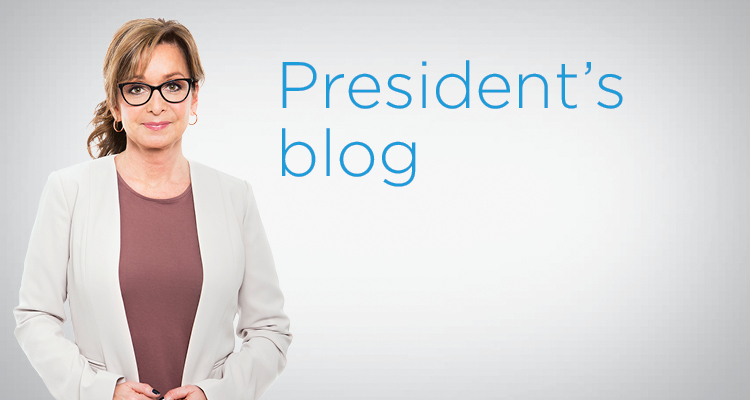
The SNPs’ practice will no longer depend on the Collège des médecins
This year, International Workers’ Day was particularly important for specialized nurse practitioners (SNPs). On May 1, the Collège des médecins (CMQ), the Ordre des infirmières et infirmiers du Québec (OIIQ) and Health Minister Danielle McCann announced together that, once the necessary regulations are adopted, the OIIQ will take on full responsibility for setting out SNP guidelines and the CMQ’s approval will no longer be required. This is welcome news: we know that the MSSS aims to have 2,000 SNPs in Quebec by 2024-2025, therefore it is absolutely essential that we eliminate as many obstacles as possible for them in order to recruit and retain SNPs in the health network.
The OIIQ is now free to set guidelines for SNPs’ roles and practice. This is an improvement because it is better for healthcare professionals not to have another profession setting out guidelines for advanced practice nurses. Separating nursing practice from medical law is a good thing for both SNPs and the Quebec public. The FIQ hopes to have a say in the changes that will be made and will fully cooperate with the OIIQ in the matter. This change should allow SNPs to soon be able to truly use their skills to benefit patients. We only hope that now the medical control exerted over some SNPs will become a thing of the past. The health network needs a strong, diversified front line and SNPs can play a big part in making that happen.
While many have rightly highlighted the historical nature of this announcement, we must keep in mind that several organizations, including the FIQ, have been fighting for this for years. It is totally logical to grant full recognition to SNPs’ skills and independence, and the CMQ’s refusal to do so was indefensible. Quebec SNPs are the best trained in Canada but had the least independence. Knowing that care access is a major problem in the health network, the gap between the independence of SNPs in Quebec as compared to the rest of Canada was particularly shocking.
Now that this outdated situation is behind us, it’s time for the Quebec government and management to learn from this spectacular step forward and to ensure that the logic of fully recognizing all healthcare professionals’ broad skill sets becomes the norm.
It’s obvious: by giving healthcare professionals greater autonomy (which they were already trained for) we improve care access and quality. This is what Quebec nurses, licensed practical nurses, respiratory therapists and clinical perfusionists aspire to. We must continue to state loud and clear that the health network would be better off if it truly valued the work of healthcare professionals and fully recognized their expertise.